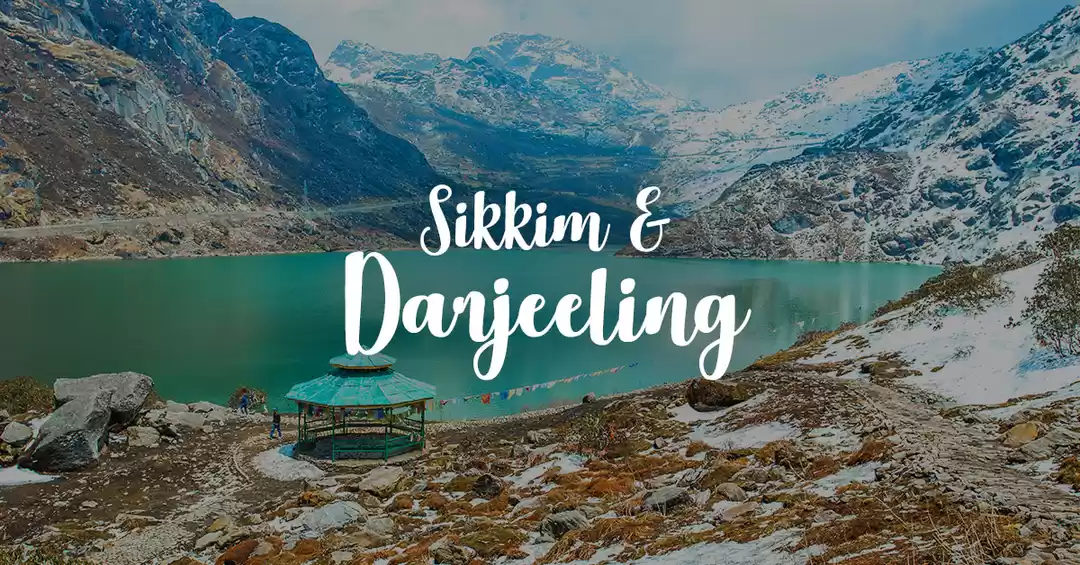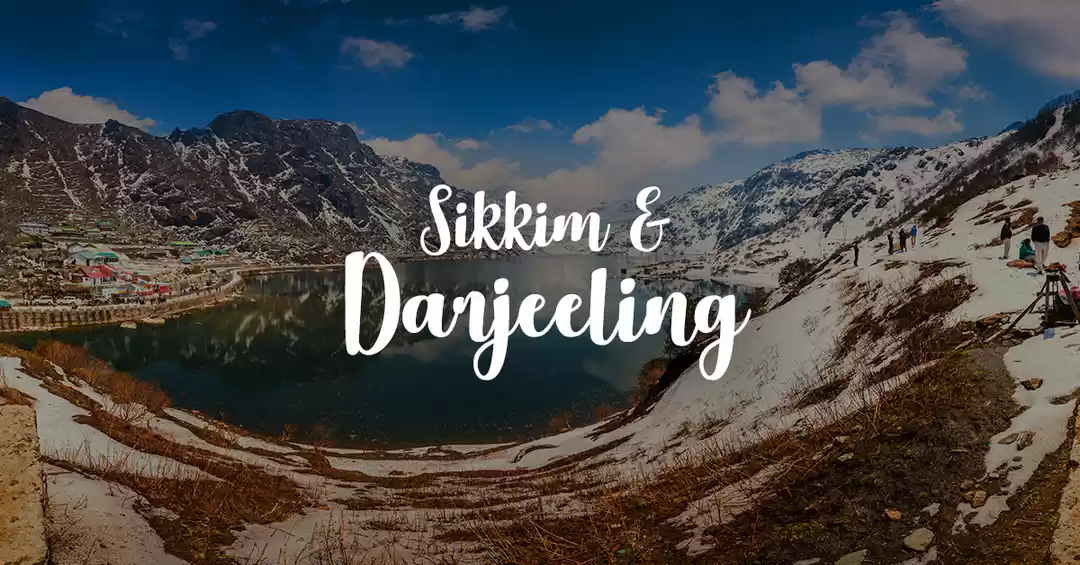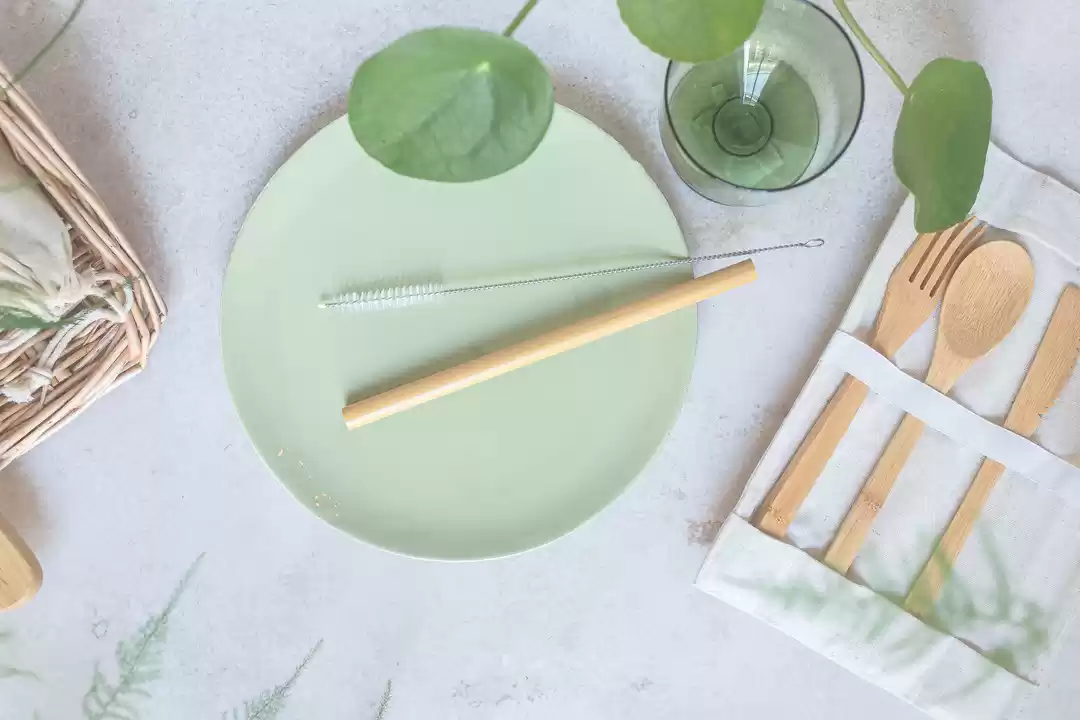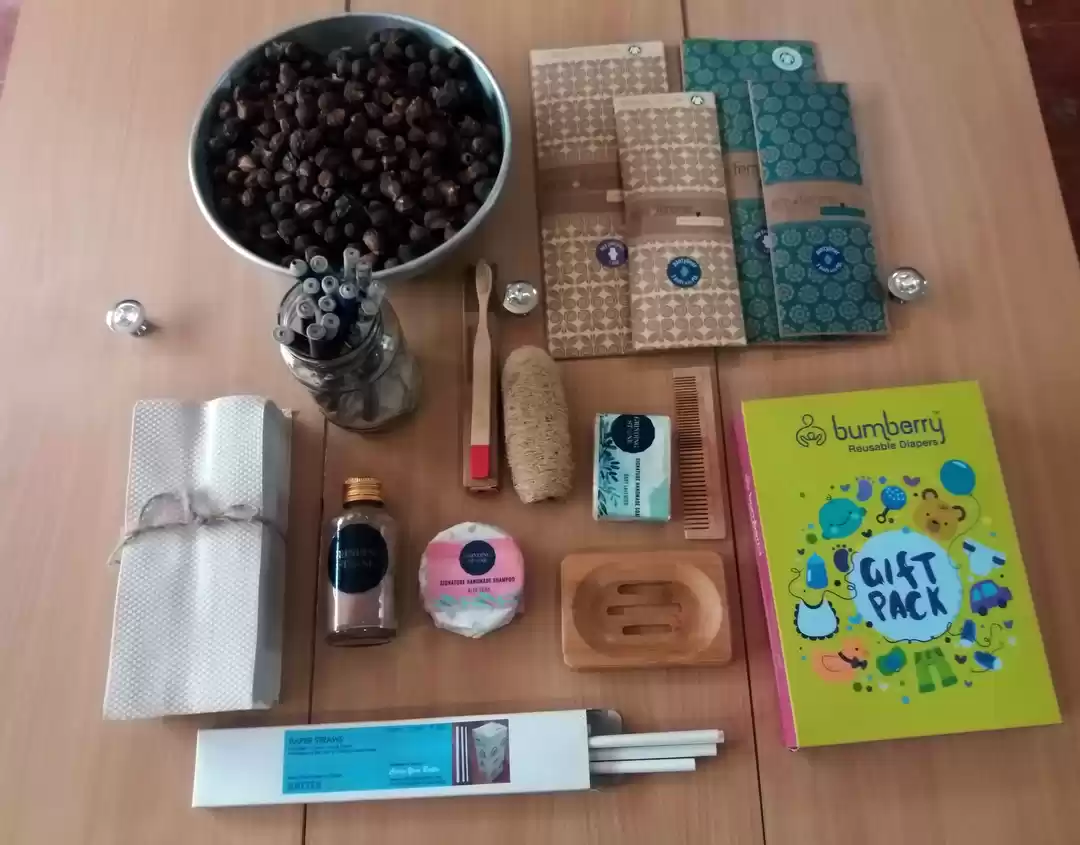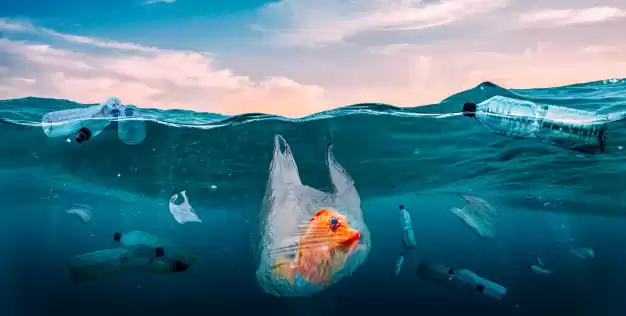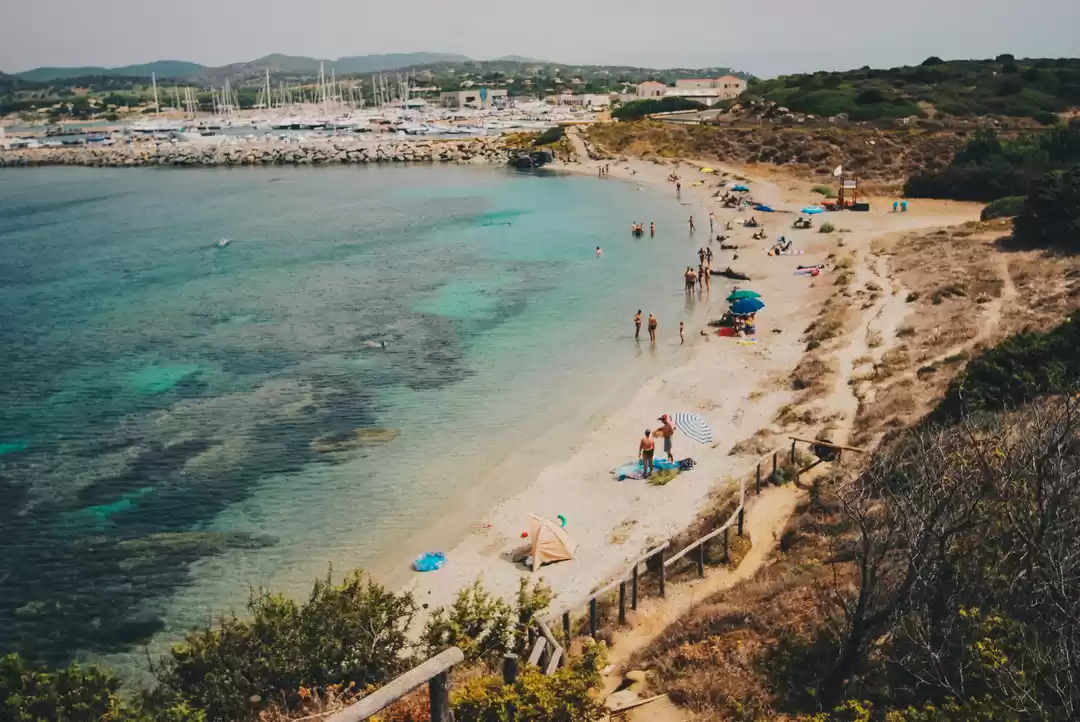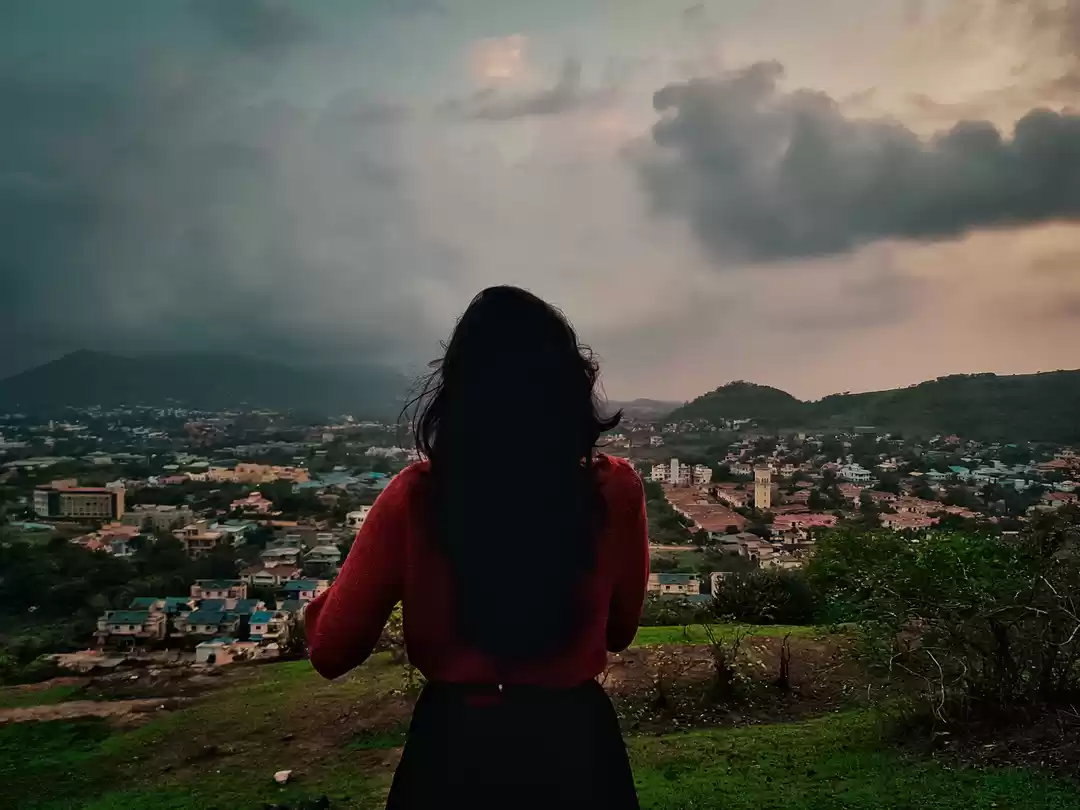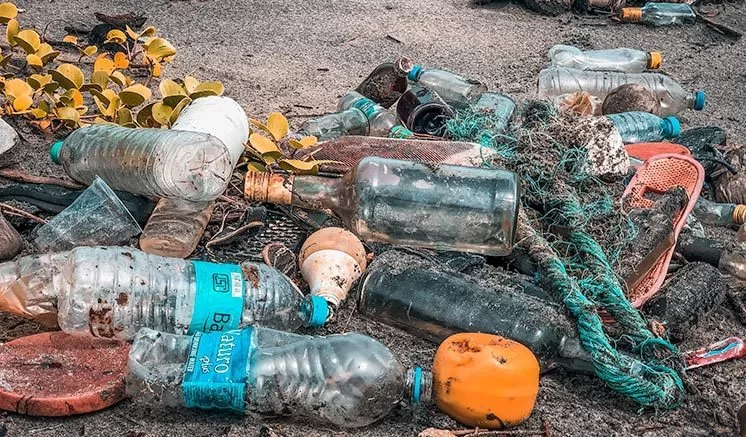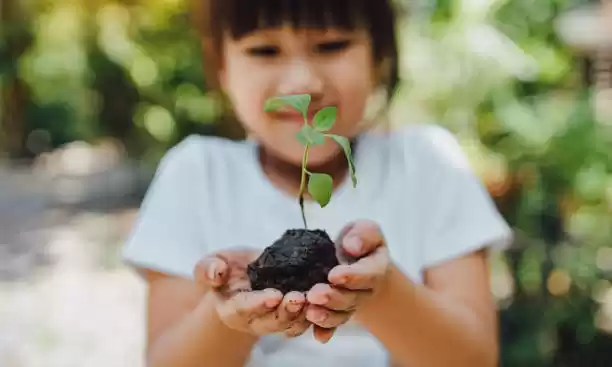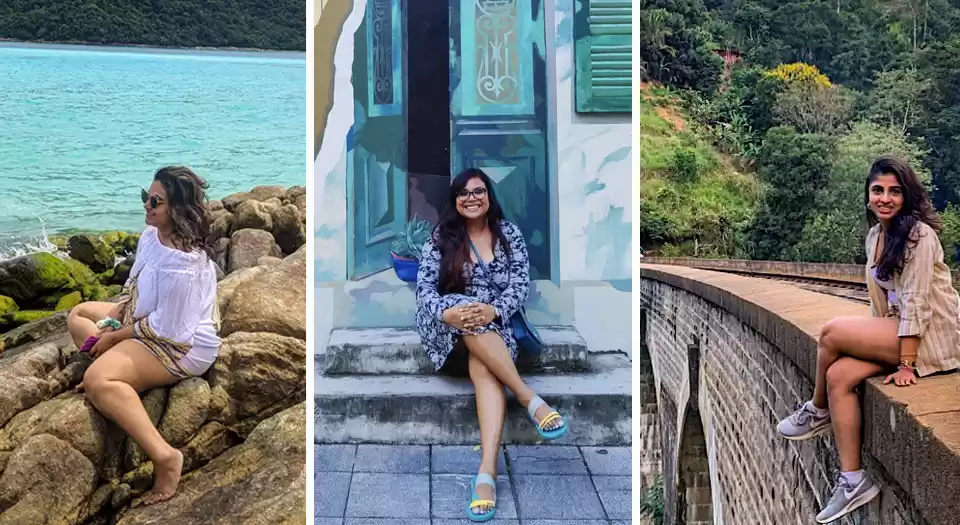Traveling has been an important part of discovering ourselves and finding joy amidst the beauty of nature, cultural sites, food walks and collecting memories. In this admiration, we also got to thinking of cultivating change in behavior which would not only benefit ourselves but also the environment around us.
Over the past few years of exploring multiple locations around India, we've been able to manage our travel in a sustainable way through very affordable and easy practices. Each of us have got only one life on this beautiful planet; it would be a waste if we aren't able to take care of it for the future generations. We are sharing a few ideas which we have been able to practice during our travel which are eco-friendly and make the Earth a greener place.
1. Stainless Steel Straws
Single use and throw plastic straws are huge menace, not only to the nature but also to the beings living in it. Stainless steel straws are a good replacement because they don't get ruined easily, are washable and come with a cleaner. There are a lot of brands available now that provide delivery.
2. Bamboo Toothbrush
This is an item that is used by the entire population and can be easily replaced with alternatives. The bamboo tooth brush is 100% bio-degradable; even its bristles are made of corn.
3. Cloth Bags
Be it for carrying around commodities or shopping during travel, cloth bags are the way to go. Instead of carrying multiple plastic/paper bags, a sturdy cloth bag tote is more helpful.
We ordered the eco-starter kit (2 bamboo toothbrushes, 2 stainless steel straws, one cleaner and one cloth bag) from Bhu Eco-Sensitives.
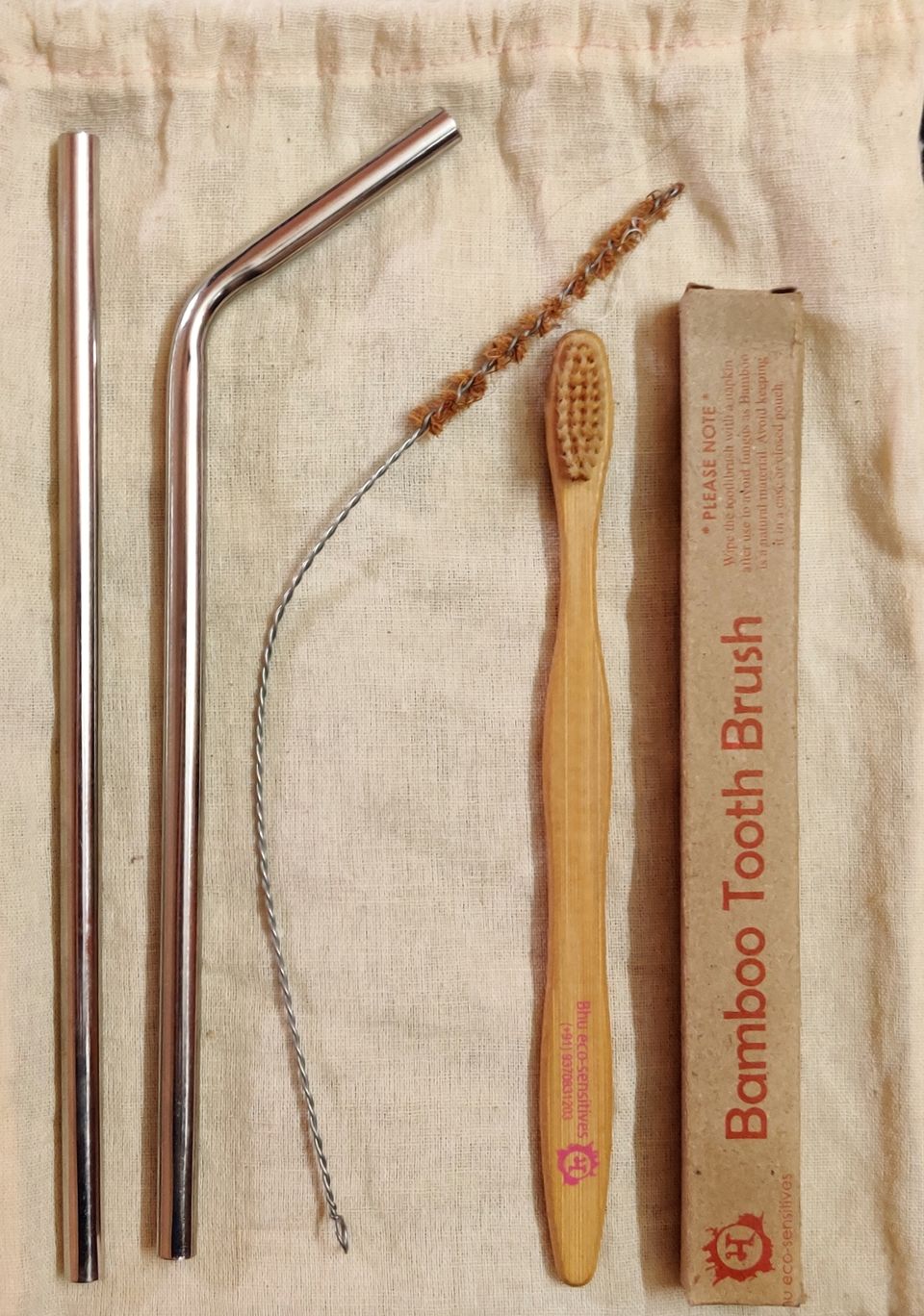
4. Menstrual Cup
While traveling on my periods, disposing of sanitary napkins had always been a hassle. Since June 2018, I have switched to a menstrual cup by Boondh, which is made of medical grade silicon and is easily recyclable. It lasts for about 3-5 years and saves me from disposing tonnes of single use plastic sanitary products into landfills.
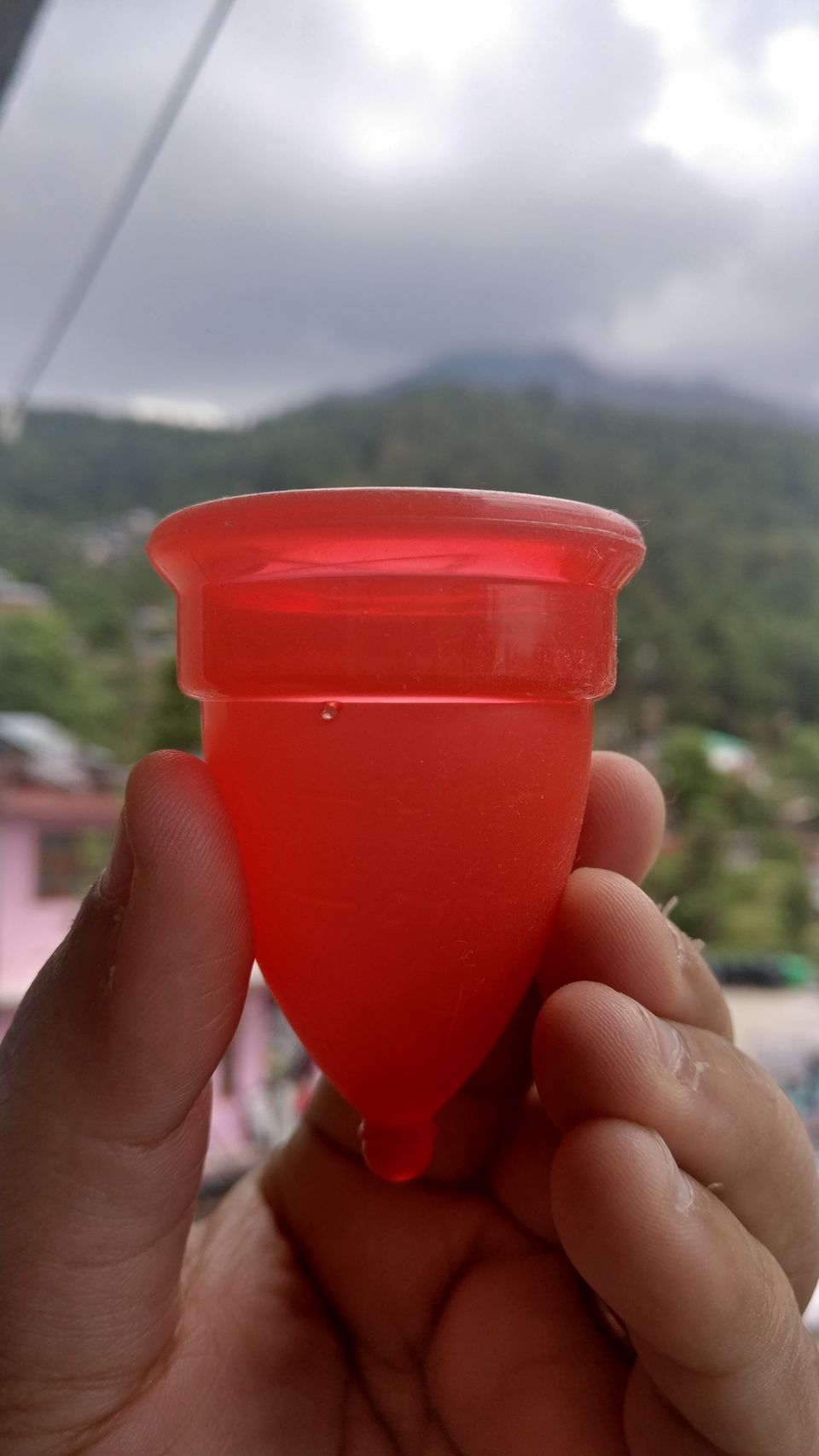
5. Reusable Water Bottles
Single use plastic bottle is one thing that the travelers definitely require in their journeys. Be it bus, train, flight, hike, bike or a drive - water is a human need which cannot be avoided. However, there are multiple way to avoid the purchasing of these harmful bottles;
- Carrying a reusable water bottle at all times
- Refilling water bottles from taps, restaurants, petrol pumps and railway stations
- Giving up on packaged water, juice, carbonated drinks and the like
Here is an initiative by Do No Trash that you can participate in and advocate for corporations to switch their packaging.
6. Reusable Containers
One of the best practice for us has been to carry a tiffin box (a reusable container) with us at all times of travel. It not only encourages us to avoid eating in plastic plates but also helps us carry the extra food which might be left over. This means that we are not creating additional waste for the beautiful cities we visit.
7. Eco-friendly Cutlery
Since both us are big time foodies, travel for us is incomplete without eating everything a city and culture has to offer. Because of this, we end up eating out from street corners, lanes, restaurants and dhabas. Carrying either a steel spoon and fork or bio-degradable ones have been immensely beneficial. It provides scope for hygiene and is also not harmful to the environment. We have purchased our stock from Ecoware and have a pair in all our travel bags. It is slightly on the expensive side, but definitely worth investing for a greener planet.
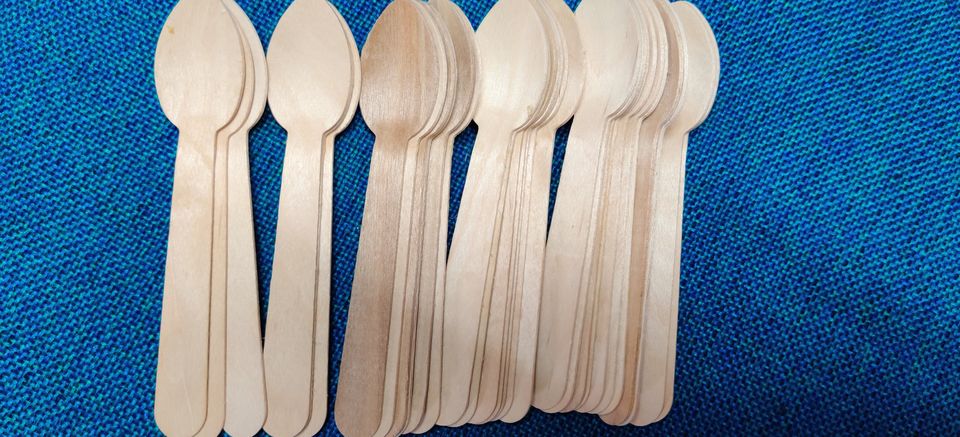
In partnership with Do No Trash, I have created a campaign 'The Green Side' to encourage people to share how and what step they have taken towards a sustainable lifestyle. You can participate in that and inspire others.
You can also follow my blog Witterati where I share articles, research and ideas on how we all can take individual steps and mobilize for collective action towards the climate action.
#MyOneStep











